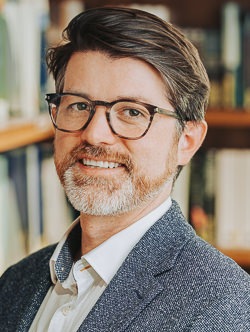
COP28 hosted by the United Arab Emirates in Dubai in December 2024 has now come to a close after a contentious and politically fraught final 36 hours. While only one of close to 100 agenda items up for discussion at the COP, the ŌĆ£Global StocktakeŌĆØ text now dubbed as the ŌĆśUAE ConsensusŌĆÖ captured the attention of both delegates and those watching from around the world.
The Global Stocktake is an integral part of the architecture of the Paris Agreement agreed to by countries in 2015, requiring stakeholders to ŌĆśtake stockŌĆÖ of progress to achieving collective climate goals. Taking place every five years, COP28 saw the conclusion of the first cycle. This process is seen as important to provide clear signals on how global climate action needs to ŌĆśratch upŌĆÖ to put us on a sufficiently ambitious pathway to achieve our collective climate goals.
Given that COP28 took place in what has been dubbed a ŌĆśpetrostateŌĆÖ and under the presidency of the CEO of the national fossil fuel company, expectations were initially low. Many were therefore surprised that from the start, the global stocktake text finally called out the ŌĆśelephantŌĆÖ often hiding in plain sight in the UNFCCC process: that further fossil fuel development is incompatible with climate goals. This issue was front and centre across the entire process thanks to its deft positioning by the so-called ŌĆśhigh ambition coalitionŌĆÖ of countries in the draft text in week one of the COP calling for ŌĆ£an orderly and just phase out of fossil fuels.ŌĆØ
While the final ŌĆśUAE DecisionŌĆÖ does not reflect the scope and scale of initial calls for a ŌĆśphase outŌĆÖ of fossil fuels, the consensus-based UNFCCC process has led to more ambiguous (if still notable) acceptable language for all countries to ŌĆ£transitioning away from fossil fuels in energy systems, in a just, orderly and equitable manner, accelerating action in this critical decade, so as to achieve net zero by 2050 in keeping with the scienceŌĆØ. This new language ŌĆō historic as for the first time all fossil fuels have been directly addressed in general in an agreement - has received praise from many as demonstrating a strong ŌĆśconsensusŌĆÖ and a signal that the world must ŌĆō and will - move away from fossil fuels. Furthermore, country actions in ŌĆśtransitioning awayŌĆÖ will now be ŌĆ£bakedŌĆØ into the next global stocktake cycle that will be launched in two yearsŌĆÖ time at COP30 in Bel├®m, Brazil.
To read the remainder of IanŌĆÖs reflections on COP28, visit: .

Programme Director of the MSc Climate Change Finance & Investment and Lecturer in Climate Finance & Investment